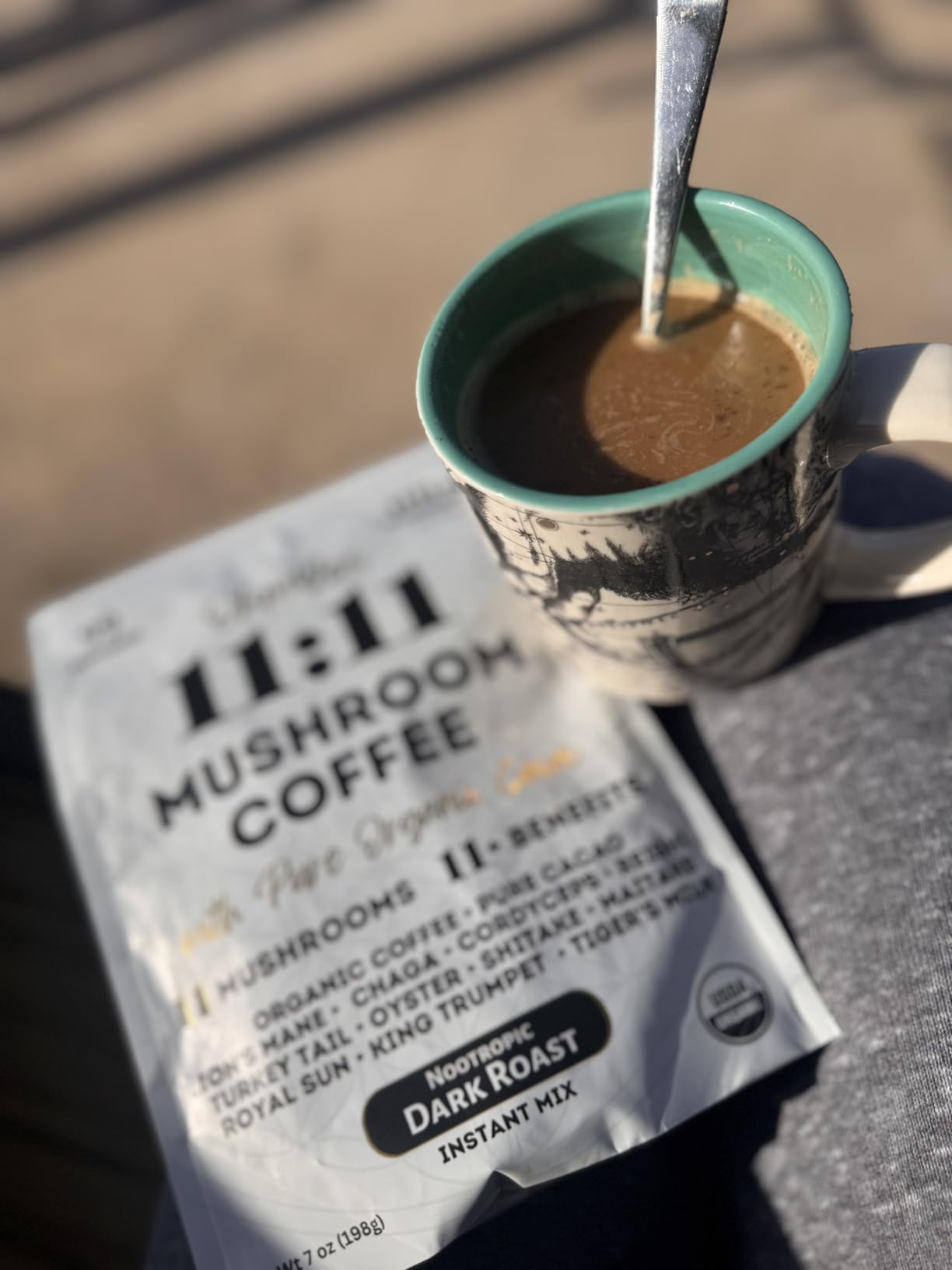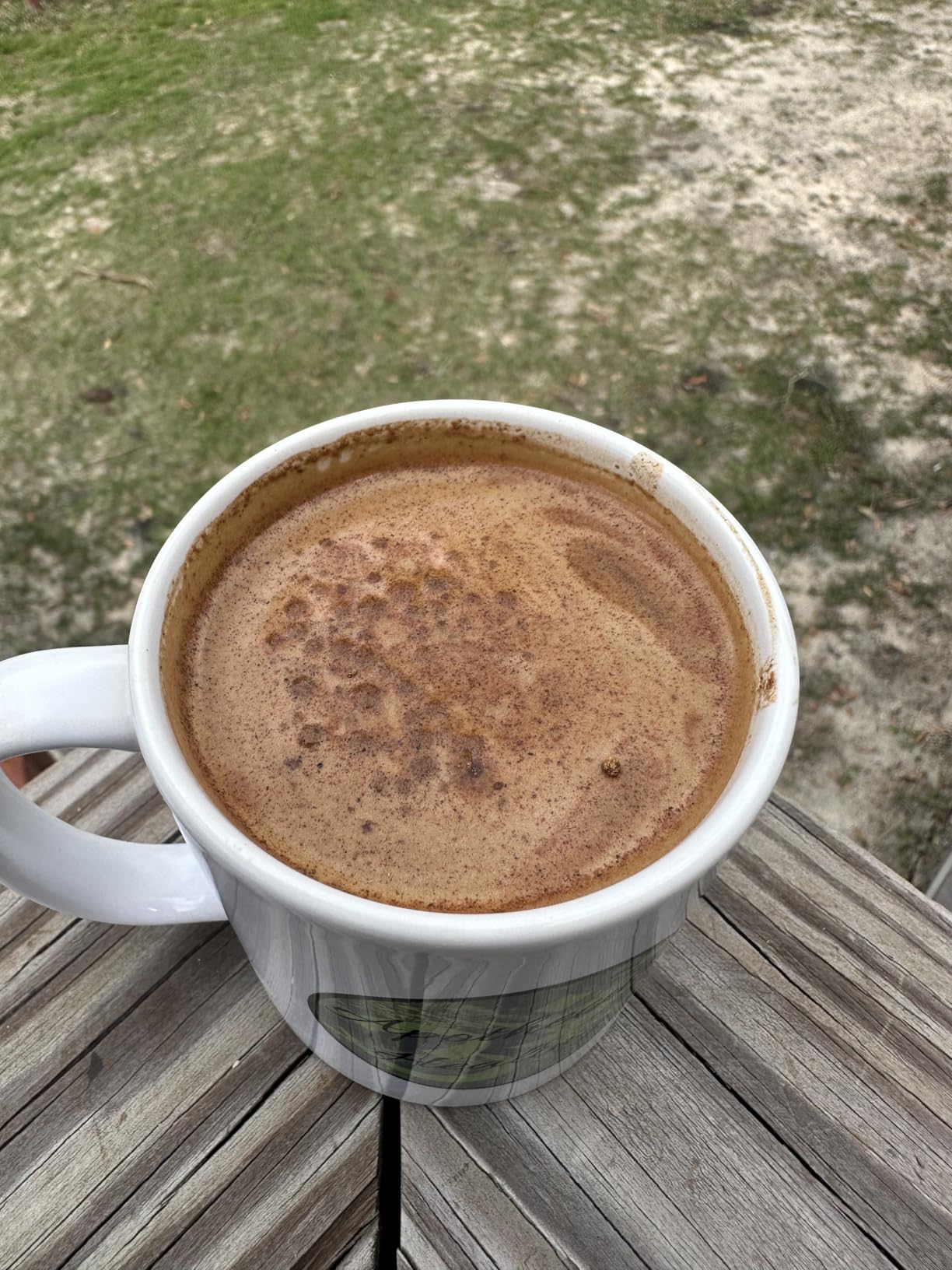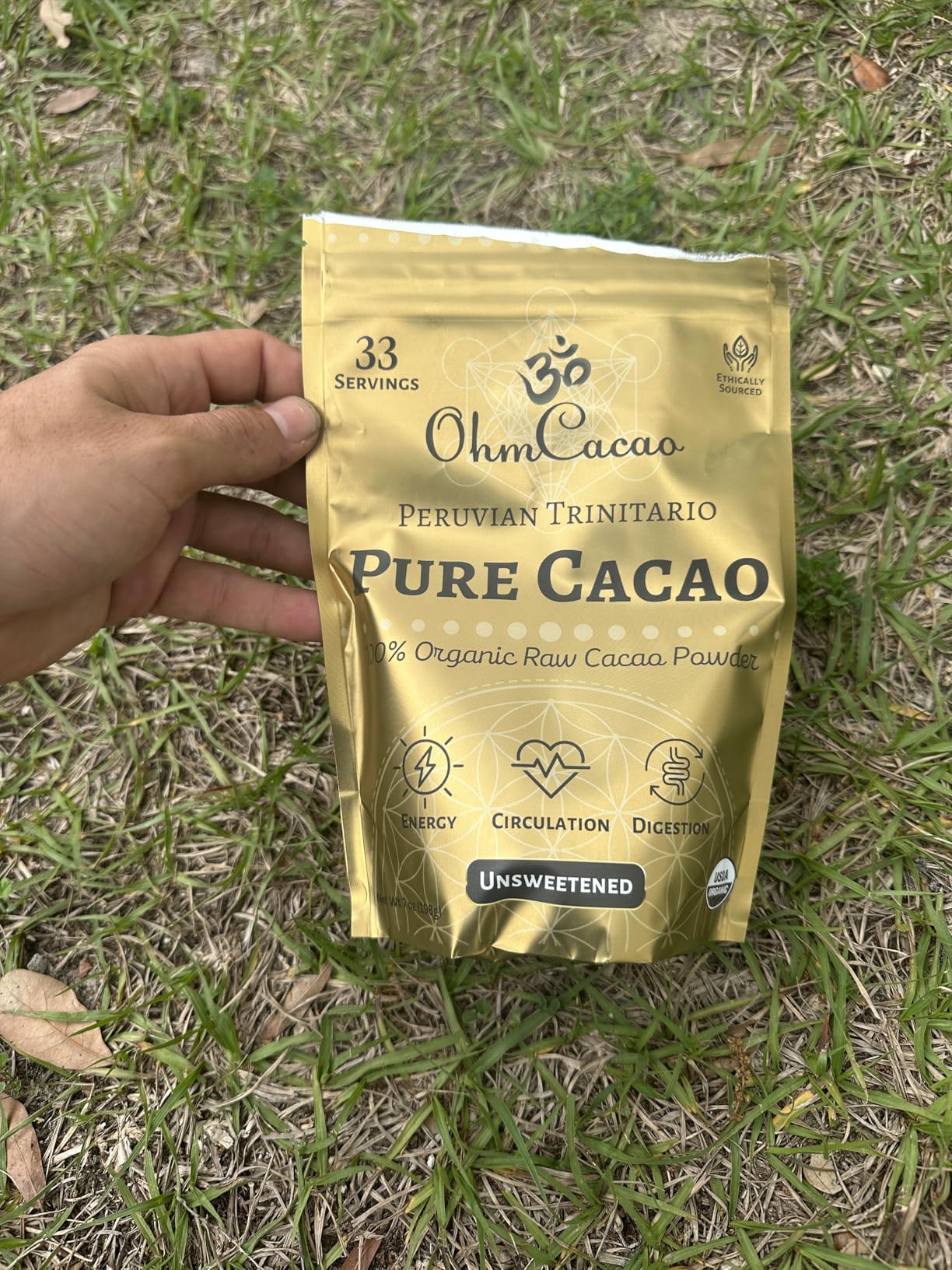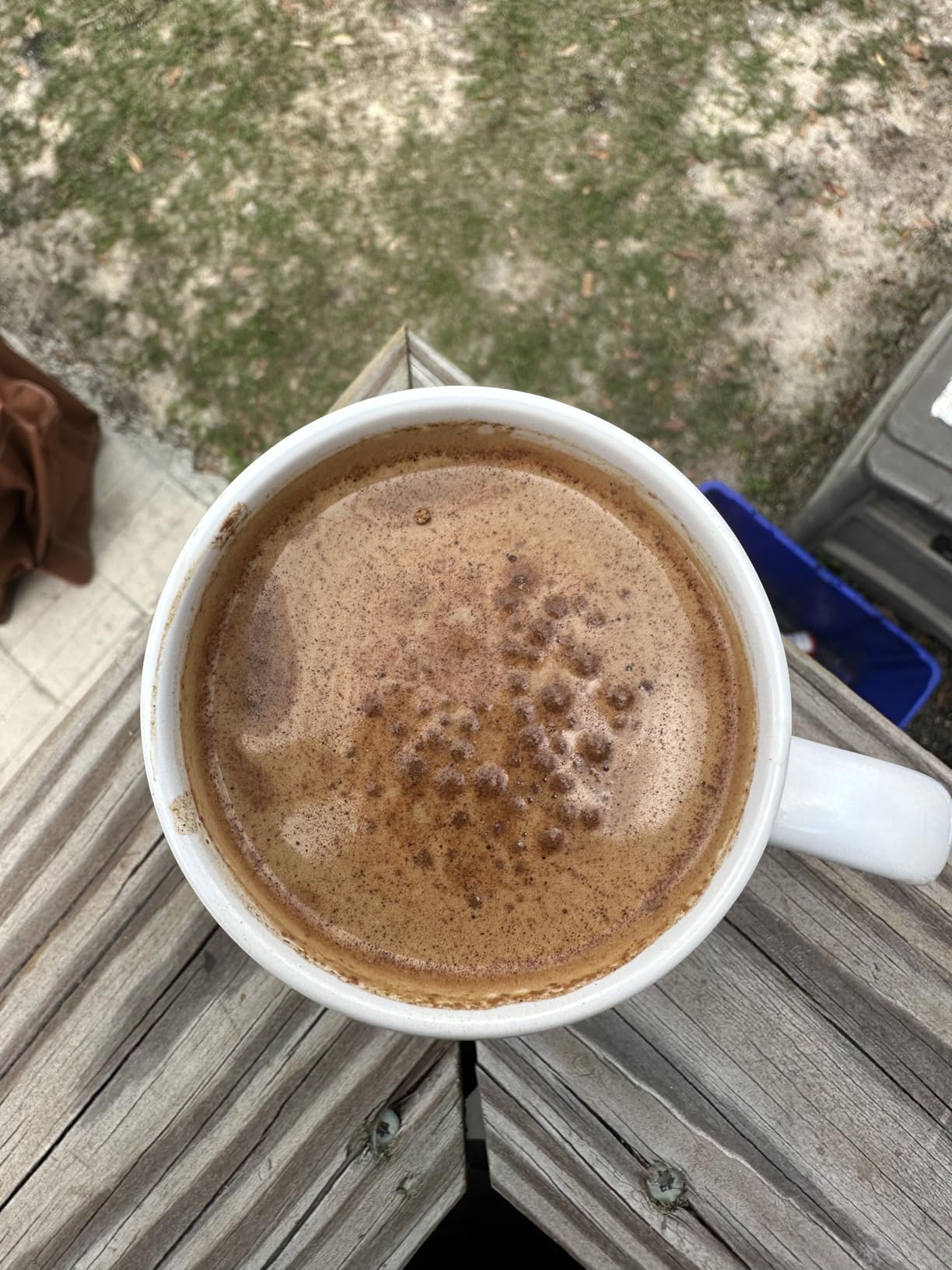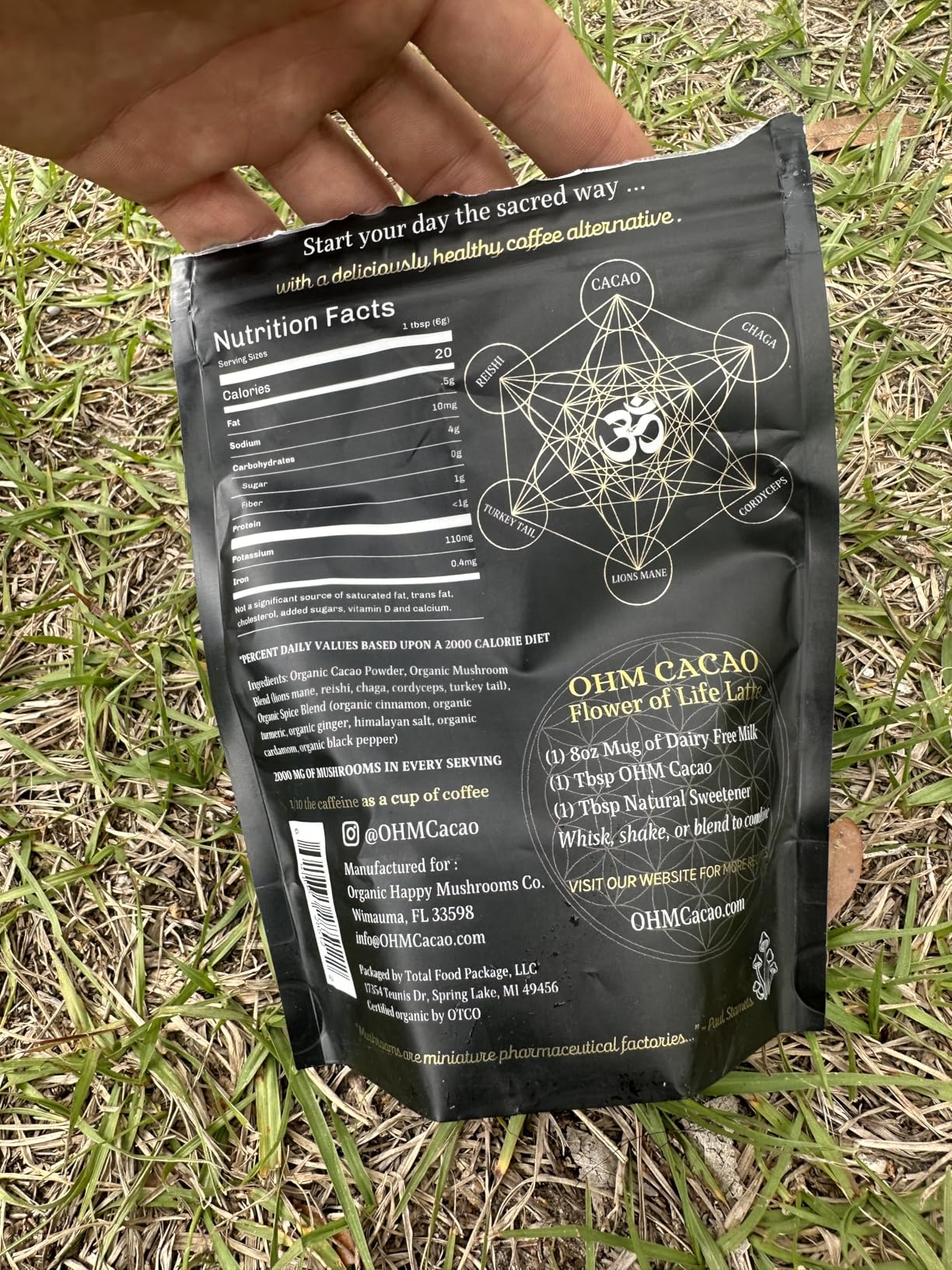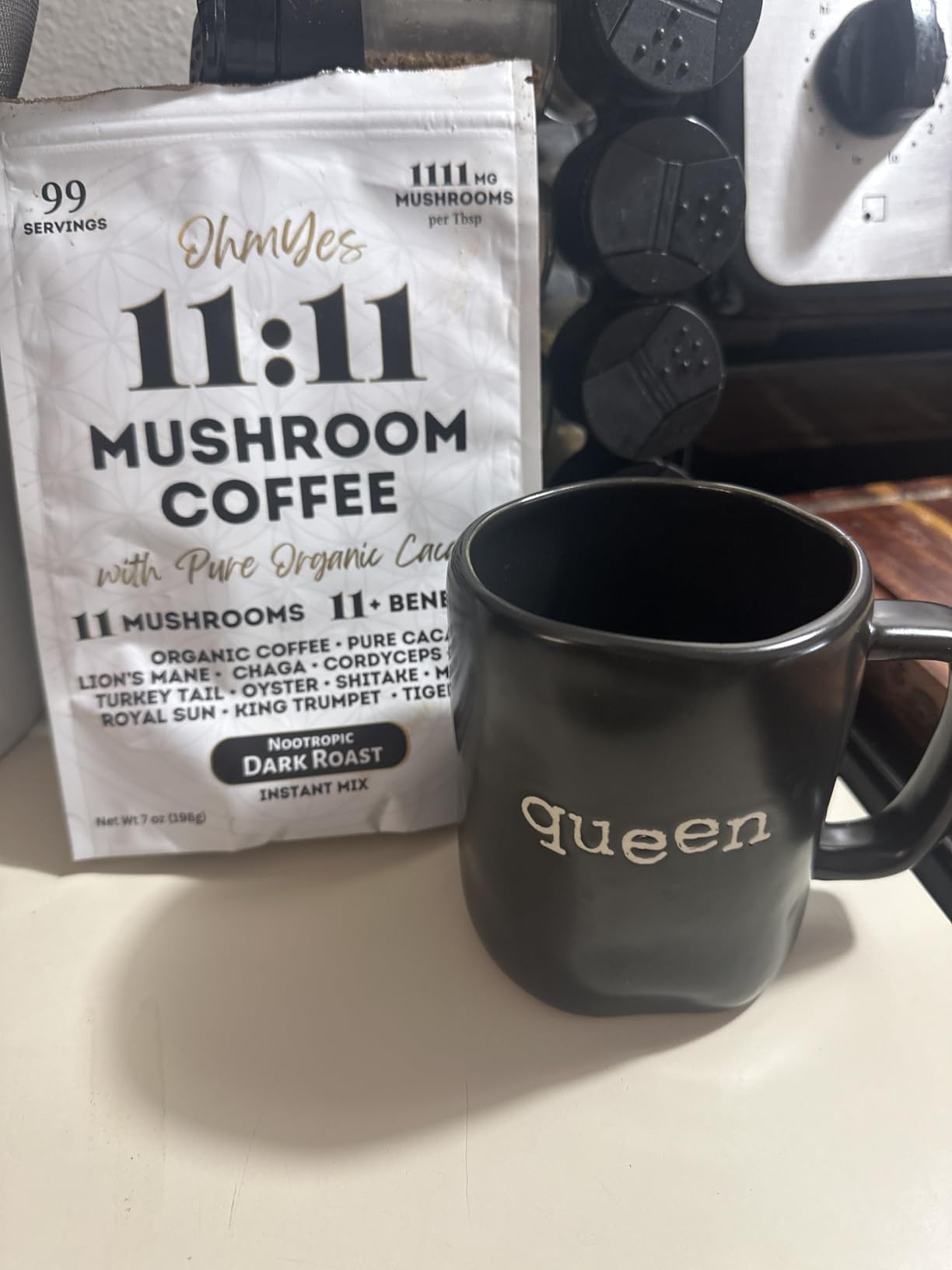In a groundbreaking clinical trial published in Nutrients, researchers from Northumbria University investigated how coffeeberry (coffee fruit) extract impacts mood, cognition, and energy levels. They conducted a randomized, double-blind, placebo-controlled crossover study with 72 healthy adults (ages 18–49), assessing two dosage levels—100 mg and 300 mg of coffeeberry extract (standardized to 40 % chlorogenic acids)—against a 75 mg caffeine control PMC+1PubMed+1.
🔍 Key Findings
-
No major cognitive or mood boost at 300 mg:
The moderate dose did not improve mood, subjective energy, or cognition within 2 hours post-consumption PMC+1PubMed+1. -
Unexpected mild drawback at 100 mg:
At the lower dose, participants experienced increased mental fatigue and reduced accuracy on sustained-attention tasks—albeit temporarily LMB Life Made Better+7PMC+7PubMed+7. -
Implications on effective dosing:
Earlier studies had shown benefits at much higher doses (e.g., 1,100 mg), including improved alertness, mood, and brain-derived neurotrophic factor (BDNF) levels. This suggests a threshold where benefits outweigh side effects lies between 300 mg and 1,100 mg PMC.
What It Means for You
-
Higher Doses May Be Needed
The trial indicates that lower to moderate coffeeberry doses might not deliver cognitive or mood benefits—and could even slightly hinder performance. Future research should explore effects of higher doses or longer timeframes LMB Life Made Better+10PMC+10GoSupps+10. -
BDNF Remains Promising
Despite mixed findings, coffeeberry continues to be valued for boosting BDNF—a neurotrophin crucial for brain health, memory, and mood regulation. -
Timing Matters
Since chlorogenic acid peaks in the bloodstream several hours after ingestion, assessing effects only up to 2 hours may miss delayed benefits Europe PMC+14PMC+14LMB Life Made Better+14. -
Safe but not miraculous
Coffeeberry extract is generally safe, but users should be mindful of dosage. More isn't always better—to avoid adverse effects.
Integrating Coffee Fruit Extract Smartly
-
Go for the correct dosage: If you're aiming for mood or cognitive uplift, higher-dose formulations (e.g., ≥500–1,100 mg) may be more effective.
-
Be patient: Allow for 4–6 hours post-dose before expecting measurable effects—short evaluations may underestimate benefits.
-
Combine smartly: Some studies show synergy when coffeeberry is paired with adaptogens like ginseng or beetroot.
-
Monitor your experience: Start low and track your alertness, fatigue levels, and focus across different doses and times.
Bottom Line:
Coffeeberry isn’t a quick-fix brain booster at low doses. But when used in higher, well-timed, and potentially synergistic formulations, it shows real promise. As always, consult your healthcare provider before starting any new supplement regimen.
✅ References
– Jackson et al., Acute Cognitive Performance and Mood Effects of Coffeeberry Extract, Nutrients, 2023 https://pmc.ncbi.nlm.nih.gov/articles/PMC10254646/



